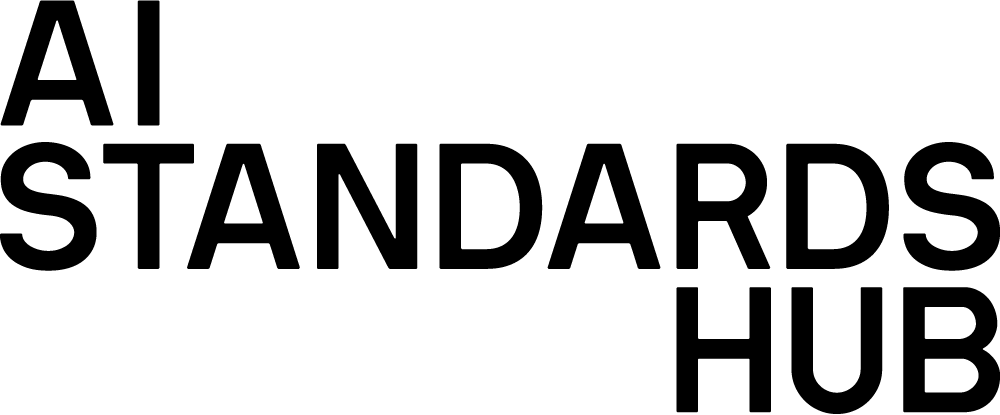Artificial intelligence: how to get it right
Overview
Artificial Intelligence (AI) has the potential to make a significant difference to health and care. A broad range of techniques can be used to create Artificially Intelligent Systems (AIS) to carry out or augment health and care tasks that have until now been completed by humans, or have not been possible previously; these techniques include inductive logic programming, robotic process automation, natural language processing, computer vision, neural networks and distributed artificial intelligence. T
hese technologies present significant opportunities for keeping people healthy, improving care, saving lives and saving money for the pilot digital technologies. It could help personalised NHS screening and treatments for cancer, eye disease and a range of other conditions, for example. Furthermore, it’s not just patients who can benefit. AI can also support clinicians, enabling them to make the best use of their expertise, informing their decisions and saving them time.
This report gives a considered and cohesive overview of the current state of play of data-driven technologies within the health and care system, covering everything from the local research environment to international frameworks in development. Informed by research conducted by NHSX and other partners over the past year, it outlines where in the system AI technologies can be utilised and the policy work that is, and will need to be done, to ensure this utilisation is done in a safe, effective and ethically acceptable manner.
This content is available under the Open Government Licence v3.0
External Links
Key Information
Jurisdiction: UK - UK-wide
Date published: 1 Jan 2019


